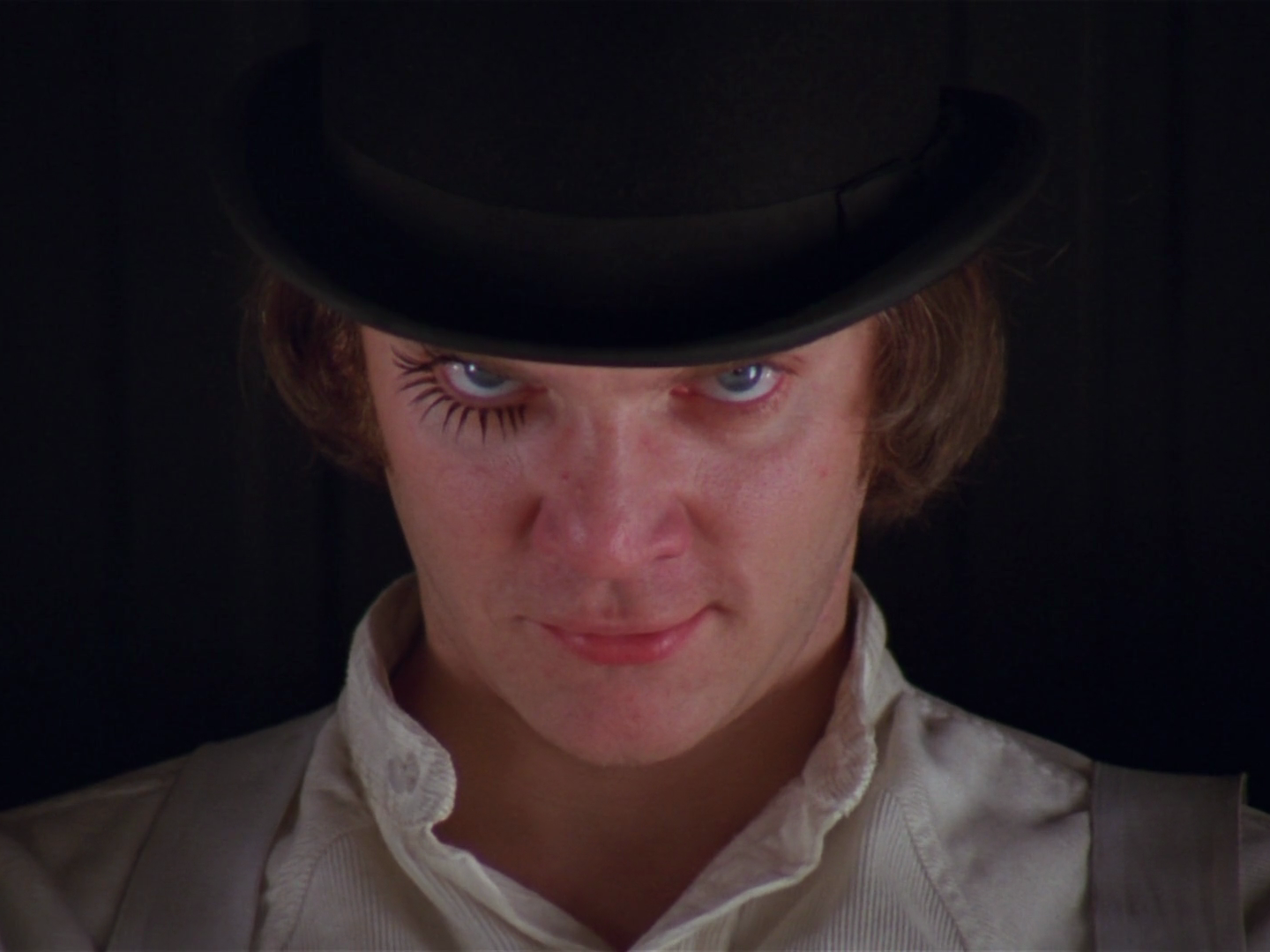Week 51/2023
This week’s selection of screenings consists of films depicting dystopian realities, both real and false.
On Monday, Kunsthal Gent offers four films by Belgian video artist and director Johan Grimonprez, renowned for films such as Dial H-I-S-T-O-R-Y (1997) and Double Take (2009). His work often emphasises political themes and the changing media portrayal of historical events. In Shadow World (2016), Grimonprez exposes the global arms trade – an underworld of extortion, corruption and greed that’s ruled by weapon distributors, world leaders, politicians, and secret services. What I Will (2013) is a one-minute rollercoaster in which Palestinian poet Suheir Hammad searches for a glimmer of hope amid military parades and anti-aircraft artillery. This short acts as a preview for Shadow World. In Three Thoughts on Terror (2018), investigative journalists Robert Fisk, Jeremy Scahill and Vijay Prashad approach the concept of terror from their own perspectives. In Two Travellers to a River (2018), Palestinian actress Manal Khader recites a poem by Palestinian poet Mahmoud Darwish.
A Clockwork Orange (1971) is a dystopian crime film by Stanley Kubrick, based on Anthony Burgess’s 1962 novel of the same name, that was banned in quite a few countries because of its harsh depiction of violence and rape. Kubrick eventually had the film removed from circulation in the UK himself until his death in 1999. Anke Brouwers will introduce the film on Tuesday at De Grote Post (Ostend) and contemplate its subtexts of repression, free will and criminality.
Also on Tuesday, Paprika (1988) will be screened at KASKcinema. The film follows a group of scientists who have pioneered a radical new tool for psychotherapy treatment: the DC Mini, which allows therapists to enter a person’s dreams and analyse their subconscious mind. This Japanese dystopian science fiction anime film famously inspired Christopher Nolan’s Inception (2010).




